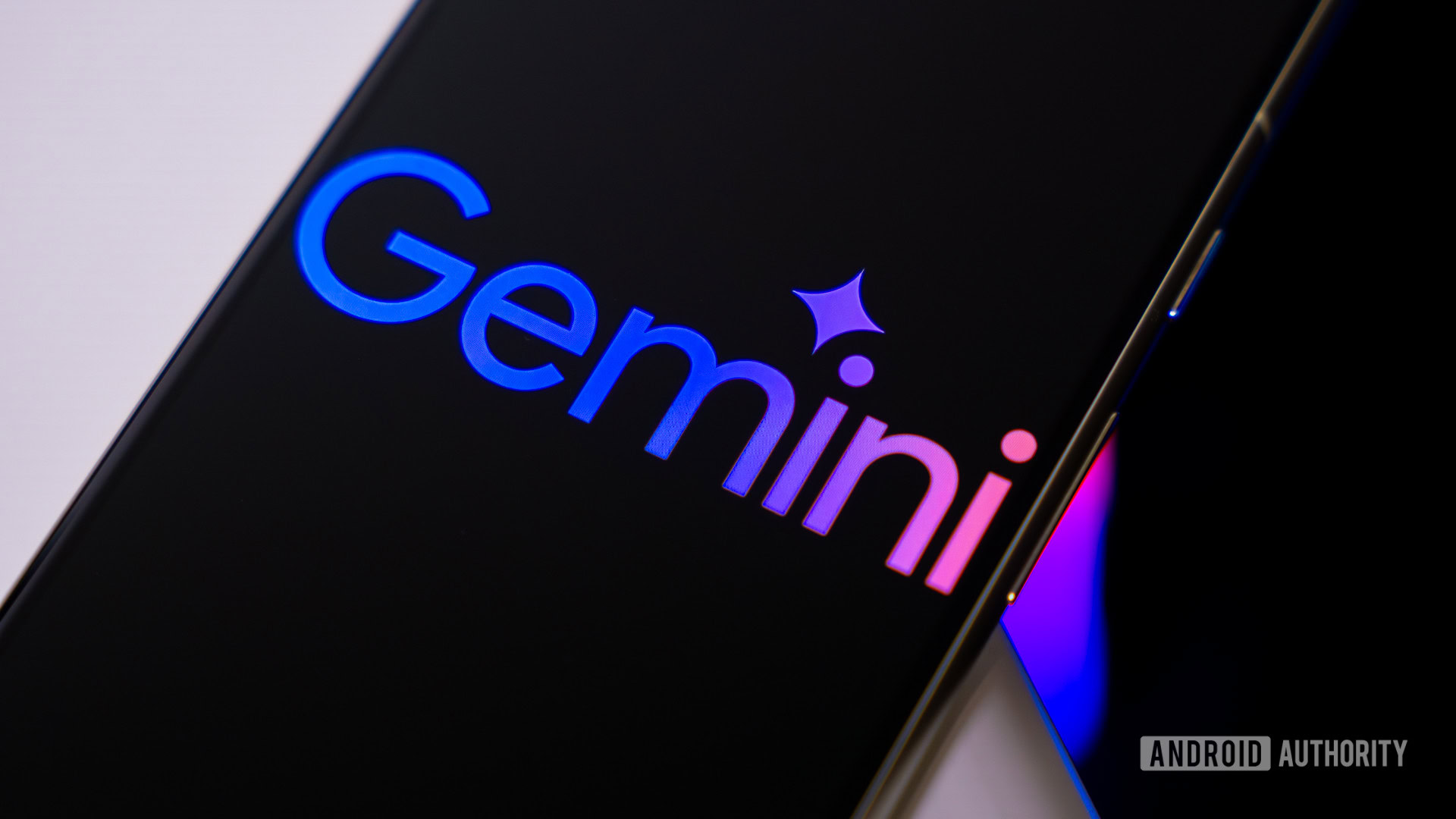Beijing-based startup Butterfly Effect, the developer of the highly publicized Manus artificial intelligence service, has reportedly raised $75 million in funding.
Bloomberg today cited sources as saying that Benchmark led the investment. Butterfly Effect is now believed to be worth about $500 million. That’s five times higher than the company’s previous valuation, which it received after raising about $10 million from Tencent Holdings Ltd. and HSG.
Butterfly Effect’s reported funding round comes less than two months after it started opening access to Manus. At the time, the company shared videos that showed the AI service performing complicated tasks such as website development and real-estate research. According to Butterfly Effect, Manus can also fulfill user requests that require interacting with multiple third-party applications.
A few days after the service’s debut, users started reporting that it struggles at some tasks. In one test, Manus crashed while trying to place a restaurant order. In other cases, the service fulfilled user requests only partially and skipped key steps.
Manus is reportedly powered by multiple AI agents, large language models that are optimized to perform tasks with little to no human input. When a user sends the service a prompt, an orchestration engine breaks down the request into sub-steps. It then assigns each step to the most suitable AI agent.
Recent reports indicate that Manus is powered by one of two LLMs from Anthropic PBC: Claude 3.5 Sonnet or Claude 3.7 Sonnet. The former model was touted as the industry’s most capable coding model when it debuted last year. Claude 3.7 Sonnet, in turn, is an improved version that launched this February.
Both LLMs support a feature called computer use. It allows them to complete multistep tasks using external applications. To activate the feature, customers must provide the models with access to a Linux-based computer or virtual machine that has a browser installed.
When Manus debuted last month, it was available for free through an invite-only early access program. Butterfly Effect’s reported funding round hints at investor optimism about its ability to monetize the service.
In late March, the company introduced two paid tiers of Manus priced at $39 and $199 per month. The more expensive plan allows users to have the service perform up to five tasks simultaneously. There’s also a higher limit on the amount of compute infrastructure that Manus can use to process prompts.
Manus competes with Operator, a similar AI automation service that OpenAI introduced in late January. The latter tool can perform tasks such as filling forms and placing e-commerce orders. According to OpenAI, Operator is powered by a model dubbed Computer-Using Agent that is partly based on GPT-4o.
Photo: Manus
Your vote of support is important to us and it helps us keep the content FREE.
One click below supports our mission to provide free, deep, and relevant content.
Join our community on YouTube
Join the community that includes more than 15,000 #CubeAlumni experts, including Amazon.com CEO Andy Jassy, Dell Technologies founder and CEO Michael Dell, Intel CEO Pat Gelsinger, and many more luminaries and experts.
THANK YOU









